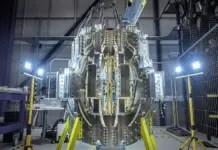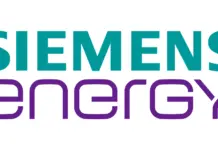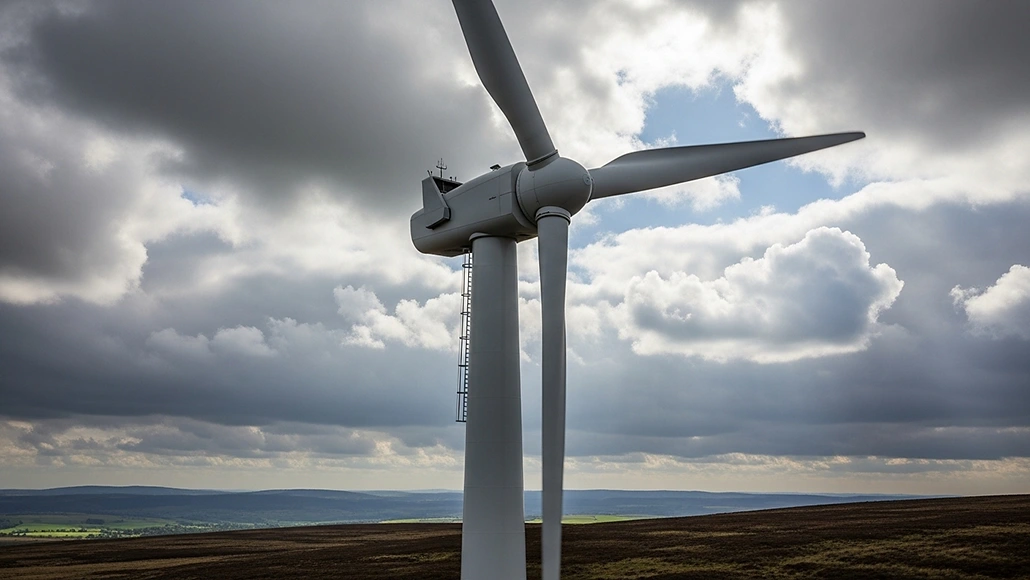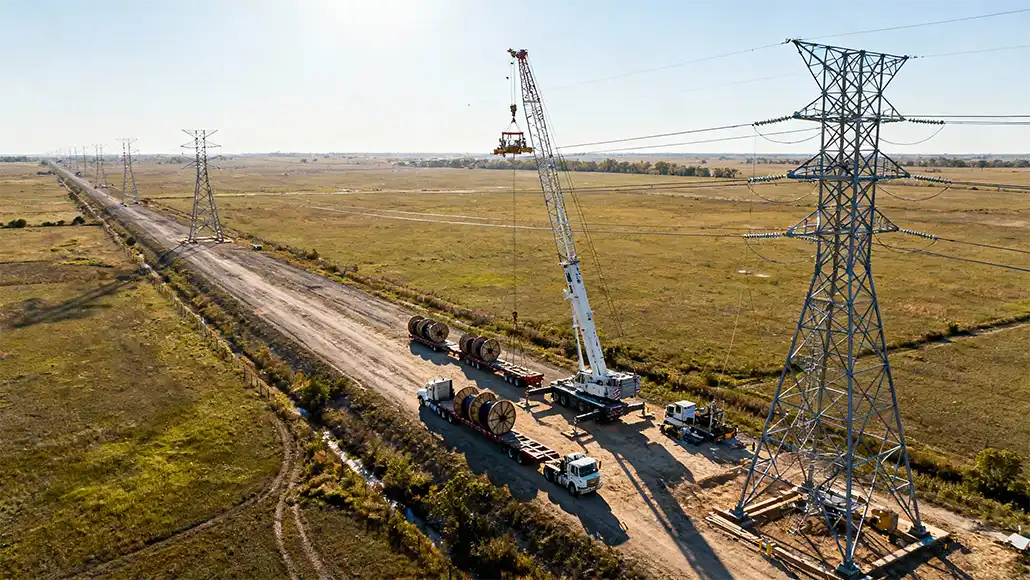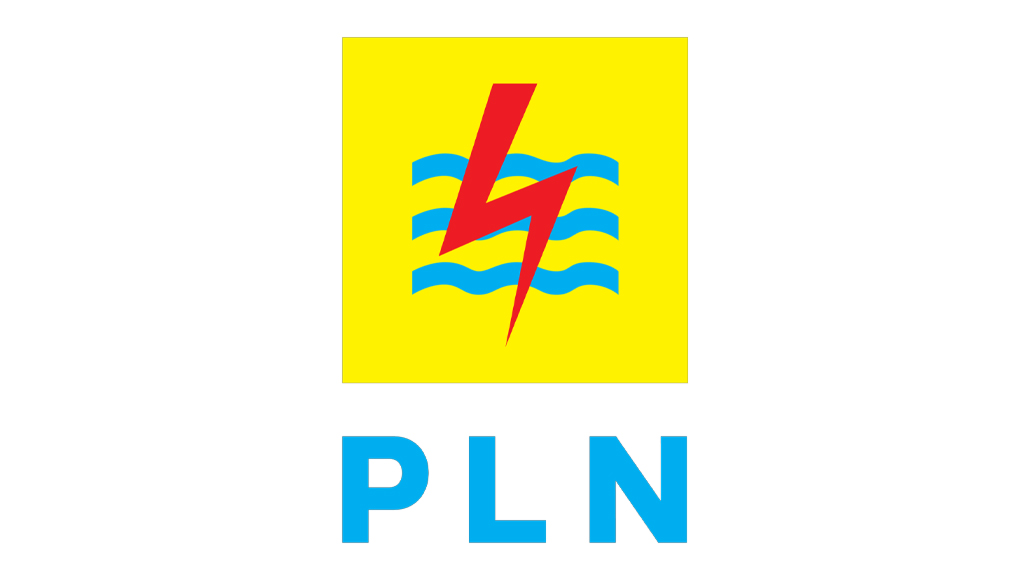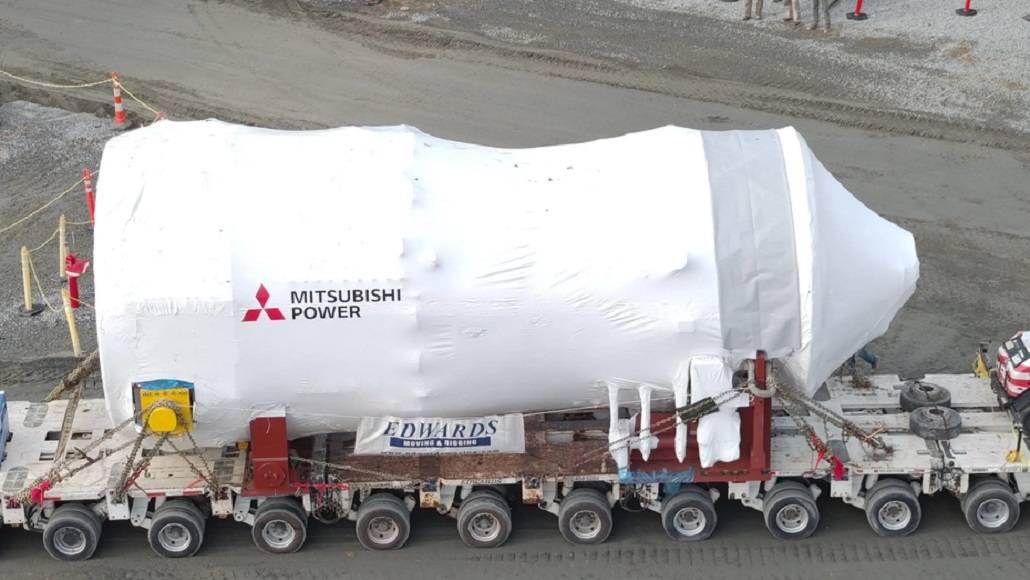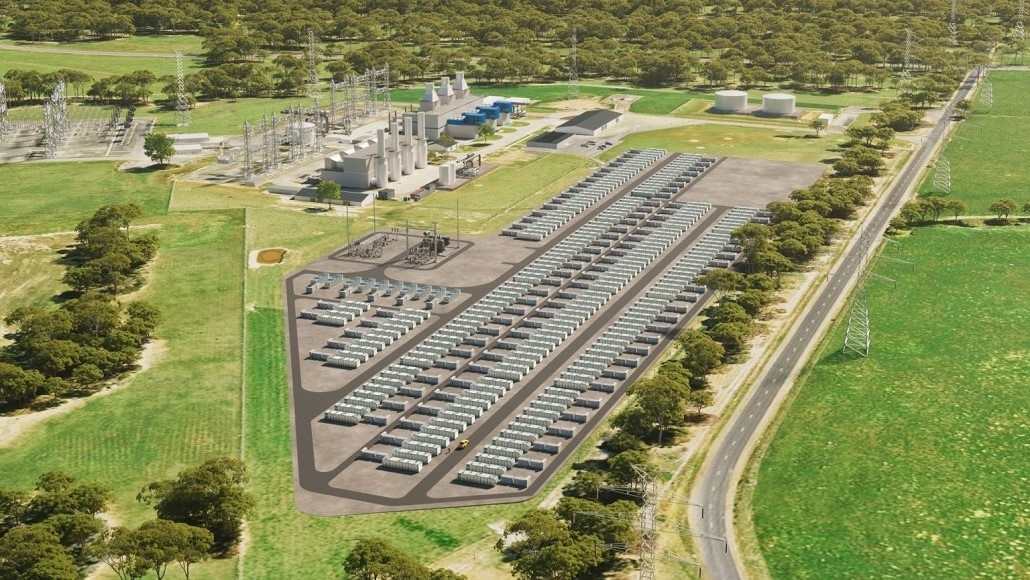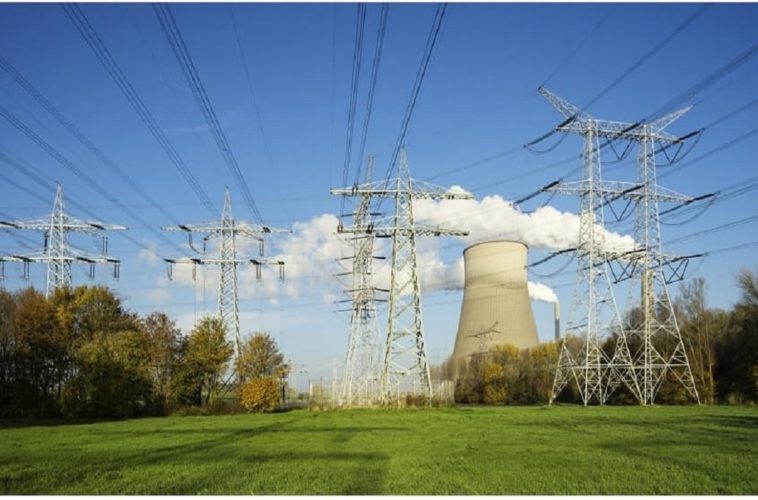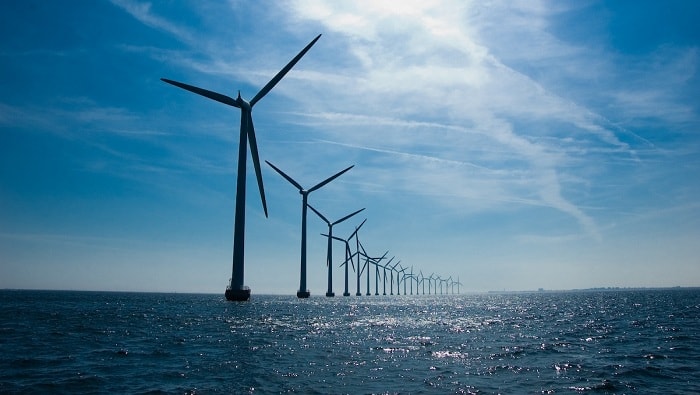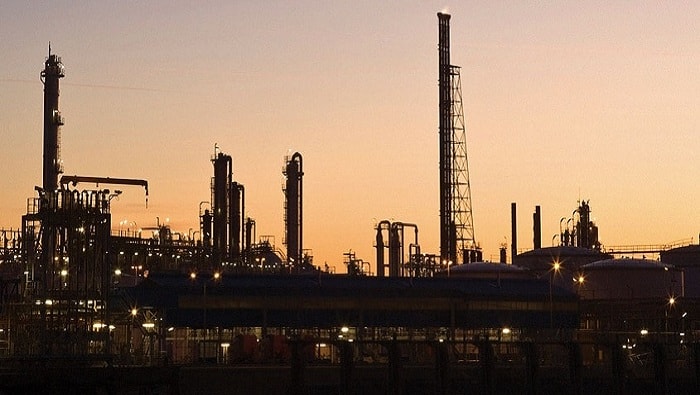Ankara Esenboga International Airport is a public airport situated in the town of Esenboga, 28km (17 miles) from Ankara, the capital city of Turkey. Spread over an area of 475,000m2, it is one of Europe’s most contemporary airports. It is operated by Turkey-based Tepe Akfen Ventures Airports Holding (TAV) under a public-private partnership.
The airport won the 2009 Best Airport of Europe award by the Airport Council International Europe. The ICAO code for the airport is LTAC and the IATA code is ESB. The airport is also a designated emergency landing site for NASA’s Space Shuttle.
Ankara Esenboga International Airport has been operational since 1955 and was expanded during 2004-06. The expansion added a new domestic-international terminal and a multistorey car park. The old terminal building is now used by Turkish Airlines as a technical centre. The expanded facilities, which were inaugurated on 13 October 2006, increased the capacity of the airport to ten million passengers a year from two million.
Ankara Esenboga International Airport handled 7.8 million passengers in 2010.
Ankara airport’s contractors and construction
TAV Construction was awarded the £250m contract to build Ankara Esenboga International Airport’s new terminal complex and multi-level car park under a build-operate-transfer basis. The contract included the construction of the facilities within 36 months, and the operation of the airport for 15 years and eight months.
Construction began on 24 September 2004 and was completed on 13 October 2006, one year before the scheduled completion date. The operational contract period was therefore increased by one year.
Vanderlande Industries installed the new baggage handling systems at the airport. The €1m contract was awarded in June 2005 and the baggage handling systems were operational by October 2006.
Mott MacDonald was the aviation consultant for airport project and logistics were provided by TRANSTAS Global Logistics.
Terminal features
Ankara Esenboga International Airport’s new terminal complex is spread over an area of 182,000m2. It is the only passenger terminal at the airport and handles domestic and international passengers. It is also the only airport in Turkey that incorporates domestic and international activities at a single terminal. The airport features a cargo terminal.
The passenger terminal was built in such a way that it offers ease of access from inside. It is also spacious and capacious. Golf carts provide access between the domestic and international areas of the terminal.
The departures and arrivals areas each feature 18 immigration counters. The terminal incorporates 33 lifts and 38 escalators, and is equipped with 18 preconditioned air systems and 18 electrical systems of 400Hz each.
The terminal has a duty free area of 2,400m2. Duty-free shops such as Best Buy, Atasay Jewelry, D&R and Setur are located at the departure and arrival areas.
There is a 5,200m2 food court area at the terminal. Food and beverage outlets include BTA Catering, Flags World of Food Restaurant, Burger King, Efes Beer Port, Sky Restaurant and The North Shields Pub, as well as several cafés.
The Arti Döviz (at departures and arrivals) and the Garanti Bank (at arrivals) render banking and foreign exchange services.
Other facilities include a lost and found, left luggage, eight masjids, a hairdresser, a car wash, public telephones, meeting points, and gift and book shops.
There are three health service institutions: PortClinic, Esenboga Airport Health Monitoring Centre and the State Airports Administration Health Unit, and a pharmacy.
There are three aprons near the terminal, measuring 440m x 130m, 430m x 140m and 379m x 130m, holding a total of 23 aircraft.
The terminal has 18 passenger boarding bridges and eight bus gates. The aircraft stands include 18 gates and 32 stands for apron and cargo.
Automated shuttles
Ankara Esenboga International Airport has eight travelators, which have a combined linear length of 266m.
Check-in
The terminal complex features 138 check-in counters with common-use terminal equipment workstations offering a completely integrated passenger processing solution. Each workstation incorporates a pre-integrated web browser, which is connected through an internet protocol to support the needs of individual airlines.
Screening/security
Ankara Esenboga International Airport is equipped with sophisticated security systems including 52 X-ray systems and 52 metal gate detectors. There are 4,938 fire detectors and 435 fire call-points. The firefighting category at the airport is of CAT IX.
Baggage handling
The airport’s state-of-the-art baggage handling system can process 8,000 bags per hour and enables passengers to pick up their luggage within three minutes.
The system is run with the help of the Vanderlande VIBES software suite, which provides end-to-end real-time operational control. Sorting and monitoring of the baggage handling processes is also taken care of by the suite.
There are a total of nine baggage carousels present at the terminal.
Runways
Ankara Esenboga International Airport has two runways. The first runway (03R/21L) measures 3,750m x 60m, is asphalt-surfaced and has a resistance of 100 LCN.
The second runway (03L/21R) measures 3,750m x 45m and is asphalt-surfaced. It has a resistance of 95 LCN. The runways can handle 23 aircraft per hour.
Maintenance facilities
EMAIR Aviation established a maintenance facility at Ankara Esenboga International Airport in 1994. In 2010, EMAIR opened a new facility at the airport with more than 2,000m2 of hangar space and 800m2 for offices and shops. It offers maintenance and spare parts support to aircraft engines.
Parking/car rental
The airport features a 110,614m2 multistorey car park, which incorporates fully automated toll functions and a hi-tech security system.
The car park is situated parallel to the terminal and can accommodate 4,053 vehicles. The parking bays measure 2.5m x 4.5m and are arranged in parallel rows. Access to the terminal from the car park is through open air and enclosed passages.Ten car rental companies operate at the airport.
Crash
A Boeing 727-2F2 aircraft crashed at the airport on 16 January 1983. The aircraft landed 50m short of the runway in driving snow, broke up and caught fire.
The aircraft had seven crew and 60 passengers onboard, of which 47 passengers were killed. The rest of the passengers and crew survived with injuries.


